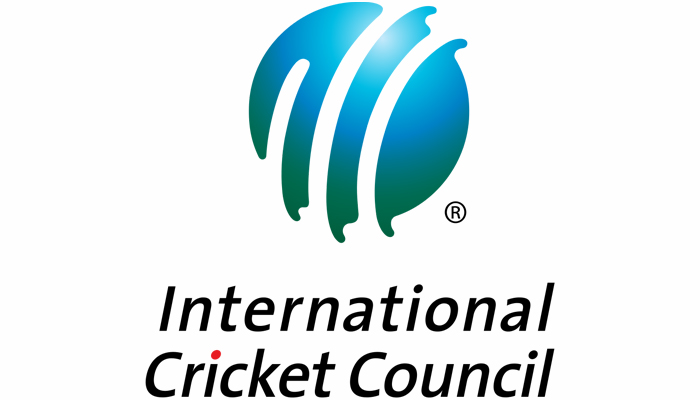TRENDING TAGS :
Cricketers to undergo blood test before ICC Champions Trophy 2017
New Delhi: International Cricket Council (ICC) will take the blood samples of the players of the teams participating in the ICC Champions Trophy 2017 to conduct their dope test under the guidelines of the World Anti-Doping Agency (WADA).
The ICC Champions Trophy will be held in June this year. It may be mentioned that till date, dope tests were conducted through the urine samples of the players.
According to the media reports, WADA has recommended the blood test to curb the possibility of drug abuse in Cricket.
The blood test will determine if a player is using any performance-enhancing drugs and steroids, which couldn’t be determined by the urine test.
The samples will also determine the specific hormones of the players which make them so aggressive while batting.
Also Read: ICC to pass reformed financial model despite BCCI opposition
"Cricket has been WADA compliant since 2006 but our players still only undergo in-competition random tests, where their urine samples are collected. But there are a lot of performance enhancing drugs and steroids available in the markets internationally which cannot be traced in urine samples but will show up in your blood," said a source.
"Blood-testing is part of what WADA terms 'smart testing'. Initially, cricketers were understandably wary of getting their blood drawn. But after the officials briefed them about how good it would be for the game, they agreed.
"You would look at the explosiveness of a batsman or a fast bowler for example and do a growth hormone test just to eliminate the doubt of whether any illegal methods have been used," he said.
The WADA has said that the blood samples of the cricketers collected before the ICC Champions Trophy 2017 will be preserved for 10 years. Such tests will be conducted in every six months and will be compared with the original sample to determine if any illegal methods have been opted.
This will enable the cricketers to get an 'athlete biological passport' which every cricketer has to maintain from now.
Earlier, West Indies star all-rounder Andre Russell was banned for one year after he was found positive in the dope test.



